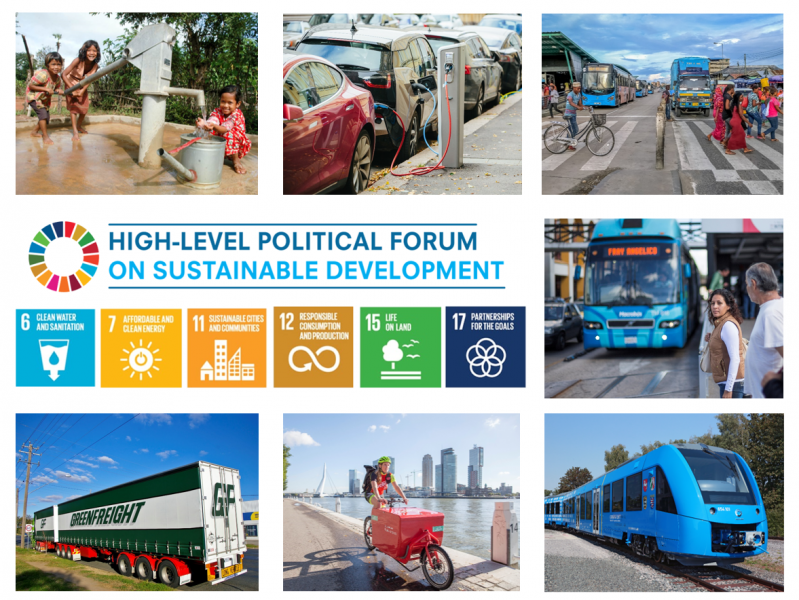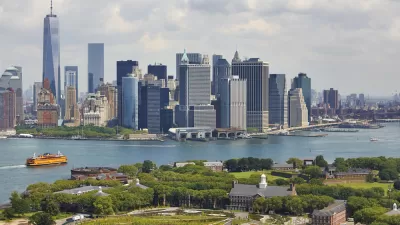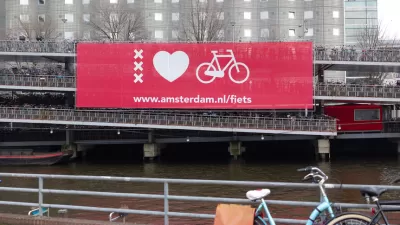Transport policy reforms help achieve many Sustainable Development Goals, including poverty reduction; access to healthcare, education, employment, and clean water; gender equality; better settlements; energy conservation; and emission reductions.
The High-level Political Forum (HLPF) on Sustainable Development is the United Nation (UN)’s central platform for the follow-up and review of the 2030 Agenda and the 17 Sustainable Development Goals (SDGs). The HLPF in 2018, held from 9 to 18 July 2018, focuses on the theme, “Transformation towards sustainable and resilient societies.” SDGs under review at the HLPF 2018 include SDG 6 (Clean Water and Sanitation), SDG 7 (Affordable and Clean Energy), SDG 11 (Sustainable Cities and Communities), SDG 12 (Responsible Consumption and Production), SDG 15 (Life on Land) and SDG 17 (Partnership for the Goals).

A key reporting mechanism within the HLPF is the Voluntary National Review (VNR) process which aims to facilitate the sharing of experiences among countries, including successes, challenges and lessons learned, with a view to accelerating the implementation of the 2030 Agenda.
Although sustainable transport is not represented by a standalone SDG in the 2030 Agenda, it is mainstreamed in a direct or indirect manner into several SDGs, especially those related to poverty alleviation; food security; access to health services, clean water, education, and employment; gender equality; energy; infrastructure; cities and human settlements; energy and food consumption, and climate change.
Since the first HLPF in 2016, the Partnership on Sustainable, Low Carbon Transport (SLoCaT) has been conducting analyses on the VNRs submitted each year. SLoCaT continued to track the references to transport in the 47 VNRs submitted to HLPF in 2018.
Final report on the 47 VNRs is now available and can be downloaded here.
FULL STORY: Showcasing the Critical Role of the Transport Sector to Achieve the Sustainable Development Goals

Alabama: Trump Terminates Settlements for Black Communities Harmed By Raw Sewage
Trump deemed the landmark civil rights agreement “illegal DEI and environmental justice policy.”

Planetizen Federal Action Tracker
A weekly monitor of how Trump’s orders and actions are impacting planners and planning in America.

The 120 Year Old Tiny Home Villages That Sheltered San Francisco’s Earthquake Refugees
More than a century ago, San Francisco mobilized to house thousands of residents displaced by the 1906 earthquake. Could their strategy offer a model for the present?

In Both Crashes and Crime, Public Transportation is Far Safer than Driving
Contrary to popular assumptions, public transportation has far lower crash and crime rates than automobile travel. For safer communities, improve and encourage transit travel.

Report: Zoning Reforms Should Complement Nashville’s Ambitious Transit Plan
Without reform, restrictive zoning codes will limit the impact of the city’s planned transit expansion and could exclude some of the residents who depend on transit the most.

Judge Orders Release of Frozen IRA, IIJA Funding
The decision is a victory for environmental groups who charged that freezing funds for critical infrastructure and disaster response programs caused “real and irreparable harm” to communities.
Urban Design for Planners 1: Software Tools
This six-course series explores essential urban design concepts using open source software and equips planners with the tools they need to participate fully in the urban design process.
Planning for Universal Design
Learn the tools for implementing Universal Design in planning regulations.
Clanton & Associates, Inc.
Jessamine County Fiscal Court
Institute for Housing and Urban Development Studies (IHS)
City of Grandview
Harvard GSD Executive Education
Toledo-Lucas County Plan Commissions
Salt Lake City
NYU Wagner Graduate School of Public Service





























